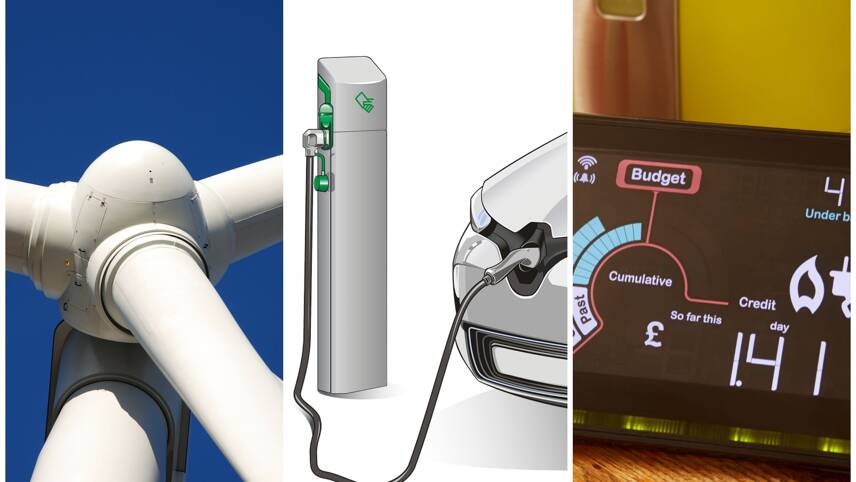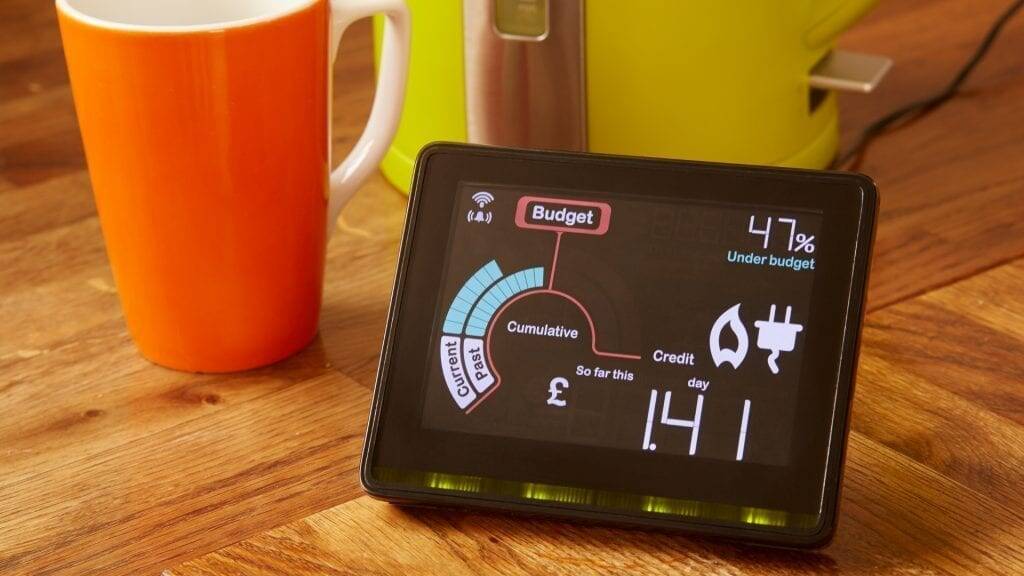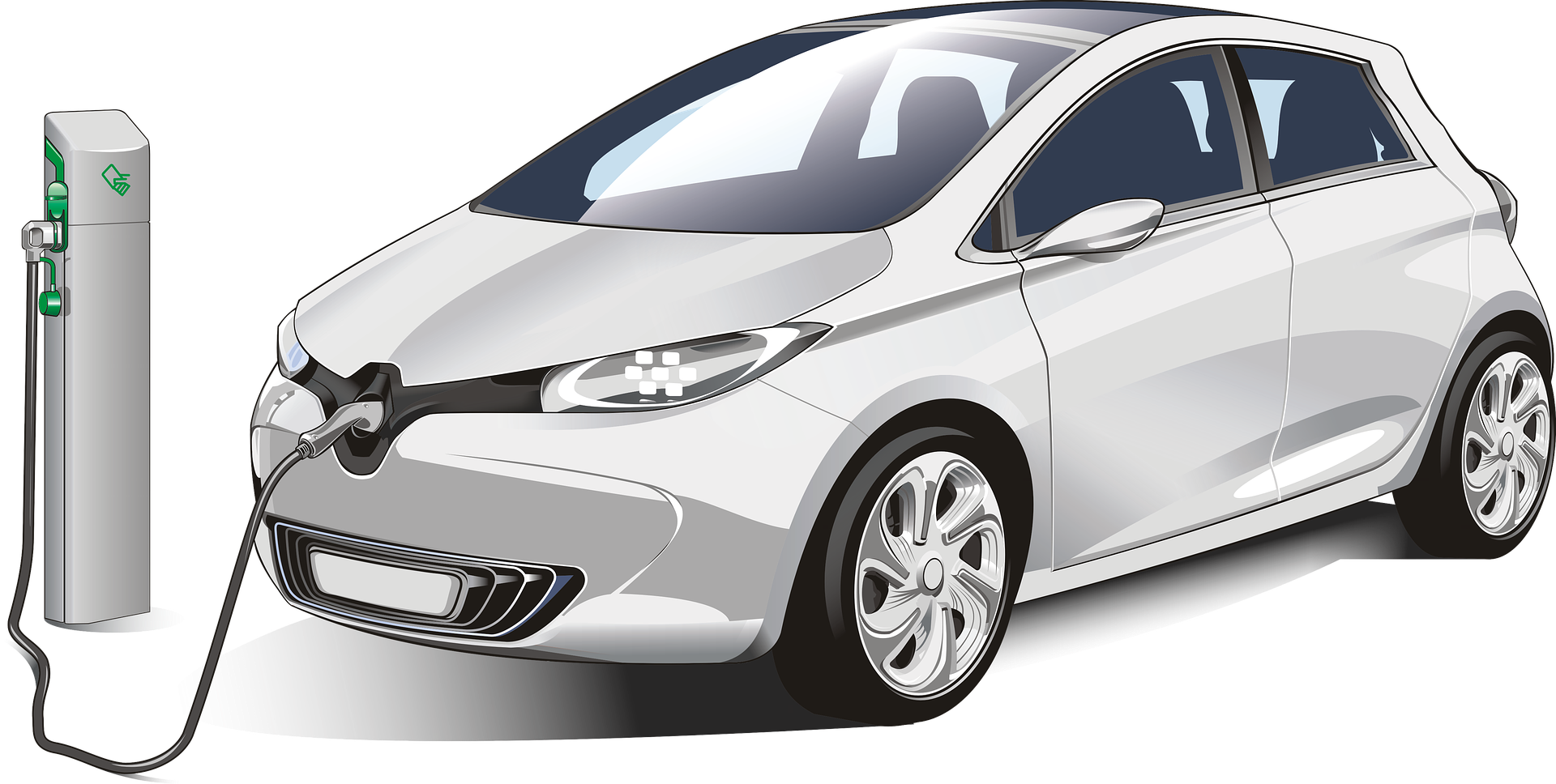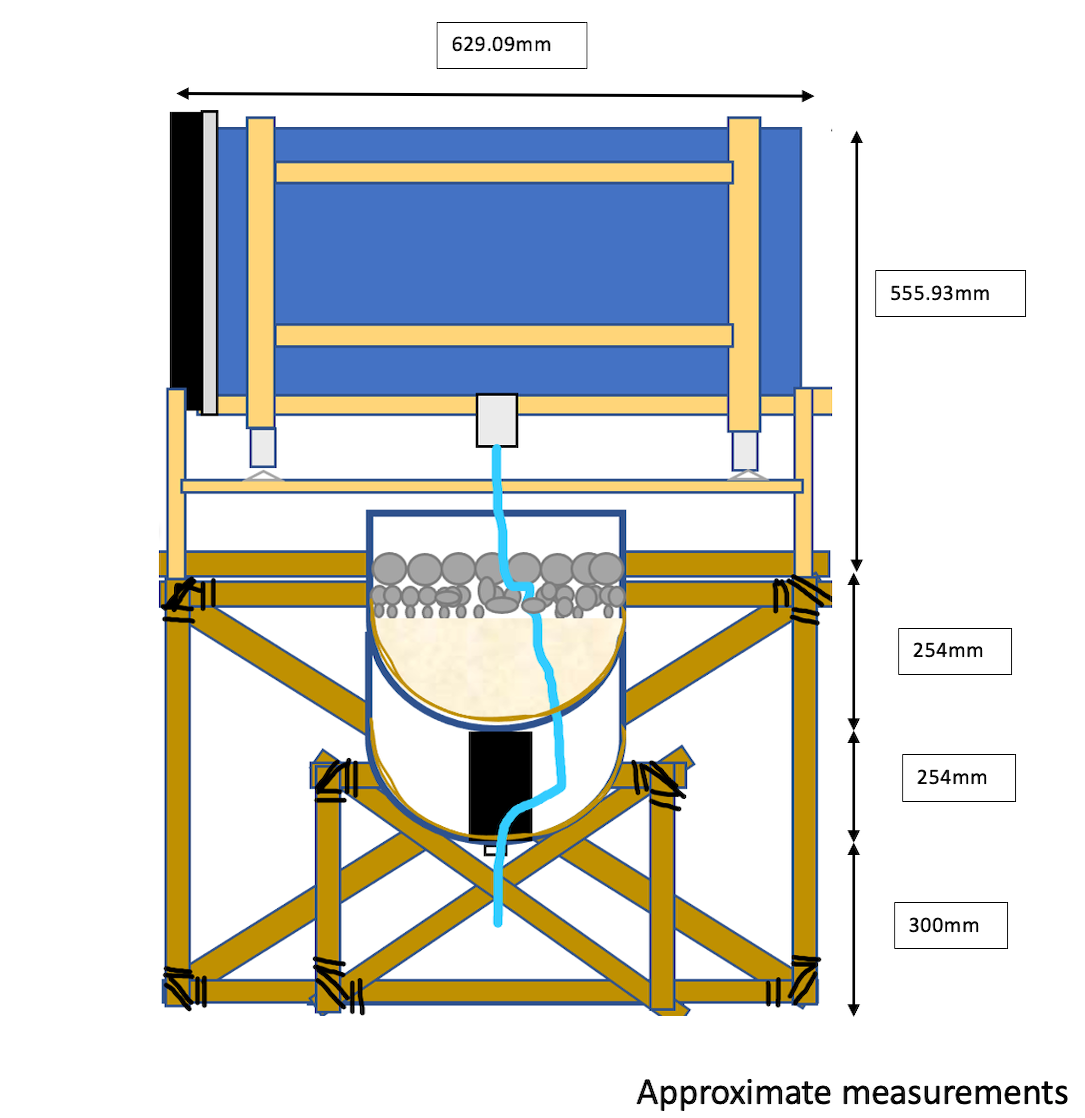You’ve reached your limit!
To continue enjoying Utility Week Innovate, brought to you in association with Utility Week Live or gain unlimited Utility Week site access choose the option that applies to you below:
Register to access Utility Week Innovate
- Get the latest insight on frontline business challenges
- Receive specialist sector newsletters to keep you informed
- Access our Utility Week Innovate content for free
- Join us in bringing collaborative innovation to life at Utility Week Live

Utility Week Innovate’s first round-up of 2022 features Veolia’s first UK electric vehicle battery recycling facility, pan-utility efforts to improve priority services register support, and plans to trial solutions to smart meter ‘blackspots’.
SMS to test solutions for smart meter ‘blackspots’
 Smart Metering Systems (SMS) has partnered with the Alternative Home Area Network Company (Alt HAN Co) to test solutions to smart meter communication blackspots in customers’ homes.
Smart Metering Systems (SMS) has partnered with the Alternative Home Area Network Company (Alt HAN Co) to test solutions to smart meter communication blackspots in customers’ homes.
As reported by Utility Week, the components of Home Area Networks (HANs) – which include energy meters, in-home displays and communications hubs – are unable to communicate properly in up to a million households in the UK. This is usually because the meter must be installed outside the property due to very thick walls, meaning the normal wireless range of the HAN is insufficient.
Consequently, Alt HAN Co, a not-for-profit group of energy retailers, has developed a set of hybrid solutions combining wireless radio technology with powerline networking, whereby information is transmitted through the existing electrical wiring in a building via plug-in adapters.
SMS will provide a specialist lab facility and firmware management service in Bolton, Greater Manchester, where the solutions will be tested. The initial phase will replicate 34 different HANs in a range of mock domestic settings.
These solutions will then be analysed by SMS with support from Alt HAN Co over the next year to ensure interoperability with the smart meter HANs.
Continue reading here
Thames partners with disability group to grow PSR
Thames Water has joined forces with disability charity Sense to reach more customers eligible for the priority services register (PSR) and raise awareness of support offered.
As reported by Utility Week, the company will use Sense’s network to reach out to the estimated 3,000 people with complex disabilities living in Thames’ region who could benefit from PSR.
Sense will inform the community it works with in London and Thames Valley about what additional help people can receive from their water company during supply interruptions to encourage people to register for additional support.
Continue reading here
Rural England launches report into rural fuel poverty
Rural England has launched a report exploring rural vulnerability from a public utilities’ perspective and scope for subsequent improvements to PSR support in partnership with five utility companies.
Backed by Cadent, GEUK, Southern Water, Wales & West Utilities, and Western Power Distribution, along with the Department for Environment, Food and Rural Affairs (DEFRA), the report aims to understand the lived experience of customers in vulnerable situations, assess the importance of rurality in compounding vulnerability, and consider whether better-designed support could be provided.
The study was undertaken by a small team of researchers at the Countryside and Community Research Institute (CCRI) and Rural England CIC.
Speaking at the report’s launch, Rachel Ryan Crisp, vulnerability lead at Southern Water, said: “The PSR that is at the heart of the study is an incredibly important tool for Southern Water, so it was very positive to see the services provided through the PSR are welcomed by recipients.
“However, we know that currently we have only identified a small proportion of our customers who would benefit from assistance through the PSR.
“It was no surprise that a key finding of the report related to more active promotion of the register and going forward we will be doing even more proactive promotion of the PSR to raise awareness to those who are eligible.”
EDF Renewables unveils 1GW floating offshore project
 As reported by Utility Week, a joint venture has been announced between EDF Renewables and developer DP Energy to deploy up to 1GW of floating offshore wind generation in the Celtic Sea.
As reported by Utility Week, a joint venture has been announced between EDF Renewables and developer DP Energy to deploy up to 1GW of floating offshore wind generation in the Celtic Sea.
The Gwynt Glas floating offshore wind project will provide power for more than 920,000 homes, contributing to a significant part of the Crown Estate’s ambitions for 4GW of capacity in the Celtic Sea.
EDF said an area of interest for the site encompassing 1,500km2 has been identified, located approximately 70km from the coast.
It added that the project team will be consulting with key stakeholders and interested parties in the coming weeks to refine the proposed site location.
Continue reading here
Veolia unveils its first UK electric vehicle battery recycling plant
Resource management company Veolia has announced its first electric vehicle battery recycling facility in the UK. The plant will have the capacity to process 20% of the UK’s end of life electric vehicle batteries by 2024.
 The new facility in Minworth, West Midlands, will initially discharge and dismantle batteries before mechanical and chemical separation recycling processes.
The new facility in Minworth, West Midlands, will initially discharge and dismantle batteries before mechanical and chemical separation recycling processes.
Many of the materials required for battery manufacturing rely on traditional water and energy intensive processes. It is estimated that 500,000 gallons of water is required to extract one tonne of lithium using this type of mining.
Urban mining, or the use of recycled materials, could reduce water consumption as well as cutting greenhouse gas emissions from battery production by up to 50%.
Award-winning student design enables deprived communities to reuse water from washing machines
 Twenty year-old Coventry University student Joe Baker was the only European winner crowned in the Planet category of DesignSpark’s People Planet Product competition.
Twenty year-old Coventry University student Joe Baker was the only European winner crowned in the Planet category of DesignSpark’s People Planet Product competition.
The idea behind Baker’s design, part of the Washing Machine Project to make low-tech washing machines accessible to low-income communities with limited access to water and electricity, aims to ease the burden of washing clothes so people can devote more time pursuing opportunities, for example in education.
His design consists of a platform that raises the washing machine, allowing water to flow through a filtration system which would remove contaminants such as dirt and micro-plastics and enable the water to be reused for purposes such as cooking.
Baker has now been granted £1,000 to invest in developing the design concept, which he is setting out to do as part of an individual project.

See this content brought to life at Utility Week Live, 17-18 May 2022 NEC Birmingham
New approaches to asset management and maintenance and Delivering smart water networks are among the frontline challenges at the heart of Utility Week Live 2022’s live content programme.
View the challenges and be alerted for tickets to the industry’s most eagerly awaited reunion at utilityweeklive.co.uk.




Please login or Register to leave a comment.